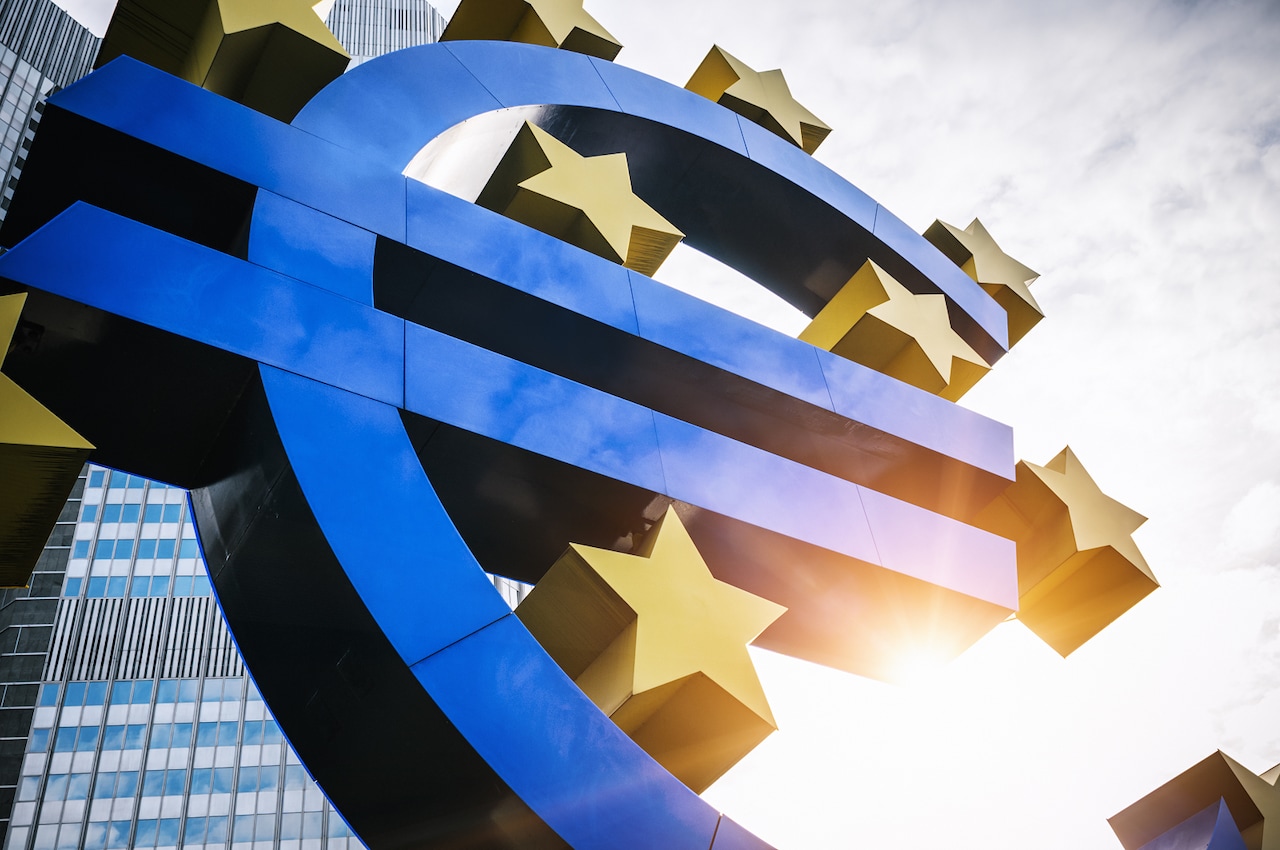
Checklist for Corporates
Why does EMIR apply to you? Rabobank is an entity based in the European Economic Area (EEA), and therefore it has to comply with EMIR regulations. You might occasionally trade derivatives contracts with us, or have outstanding derivatives in place and are therefore indirectly tied to EMIR.
What actions need to be taken?
1. Comply with general EMIR Terms
Rabobank has adhered to the 2013 ISDA EMIR Protocol for Portfolio Reconciliation, Dispute Resolution and Disclosure (the “Protocol”). In order to establish compliance with EMIR regulations between Rabobank and yourselves, we ask you to adhere to the protocol as well or bilaterally agree the protocol language.
Enter into Bilateral EMIR Terms that can be obtained via emir.documentation@rabobank.nl being:
- Bilateral EMIR Terms for NFC with statutory residence in the European Economic Area (NFC-EEA)
- Bilateral NFC Terms for FC with statutory residence outside the European Economic Area (NFC-Non-EEA)
Portfolio Reconciliation explained: Counterparties are required to agree on key trade terms and valuation methodology. The frequency on reconciliation is dependent on the number of trades and the status of the counterparties under EMIR.
Dispute resolution explained: Counterparties need to have bilaterally agreed procedures in place to identify, record and monitor disputes.
EMIR classifies counterparties to derivative contracts into different groups:
Signing the NFC representation protocol will allow Rabobank to classify you as a NFC. This allow for a less demanding version of the regulation.
2. Disclosure Agreement
The Protocol also includes some provisions regarding disclosure consent in respect of EMIR i.e. it allows Rabobank (and the counterparty) to report trades required by EMIR to trade repositories with access to the regulators without breaking confidentiality and bank secrecy restrictions thanks to a disclosure consent language.
An alternative solution (preferred Rabobank solution) is to adhere to the 2013 ISDA Reporting Protocol or agree bilaterally the provisions of the ISDA Reporting Agreement to ensure for the same scope as mentioned above but not only for EMIR but also other relevant non-EEA regulations (such as Dodd Frank Act).
Note that it is possible that under specific jurisdictions, some additional requirements may apply to organise the consent for disclosure. A Standard Disclosure Agreement can be obtained through emir.documentation@rabobank.nl.
3. Clearing
Should you be subject to the clearing obligation under EMIR and Rabobank acts as executing broker, we kindly ask you to sign the ISDA FIA Europe Clearing Derivatives Execution Agreement (with rabobank Annex via emir.documentation@rabobank.nl) document to enable Rabobank to continue doing business with you and fulfill the clearing obligation.
4. Have Legal Entity Identifier (LEI)
The LEI (Legal Entity Identifier) is a globally acknowledged code which will make it possible for regulators to identify different counterparties for a transaction globally. You need a LEI to comply with reporting obligations under EMIR. Please note that Rabobank no longer allows new trades with counterparties without a LEI code.
5. Client Reporting Service Agreement (if applicable)
In case you would like to have Rabobank report on your behalf, please request a draft agreement via emir.documentation@rabobank.nl.
Non-EEA market participants are not subject to the reporting obligation.
Both parties to the derivative transactions need to report the transactions under EMIR. Rabobank offers reporting services.
However, as the EEA counterparties need to comply with the reporting obligation, EEA entities are obliged to disclose information regarding non-EEA counterparties when transacting with them.
For any further questions with regard to reporting, please contact: transactionreporting@rabobank.com.
6. Regional requirements
Please note that non-EEA entities may have to comply with additional regional requirements.
